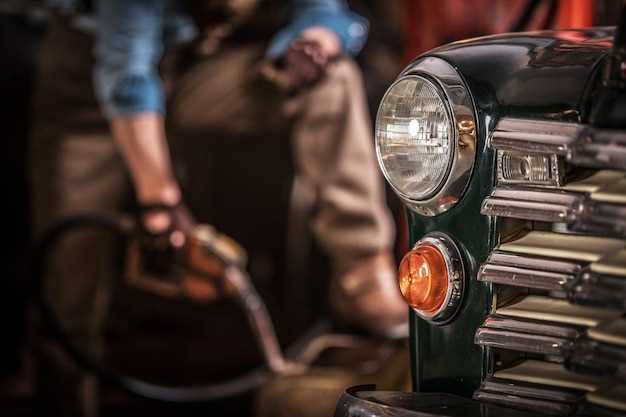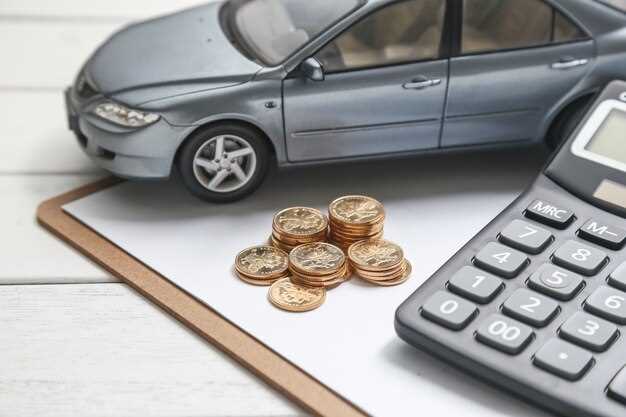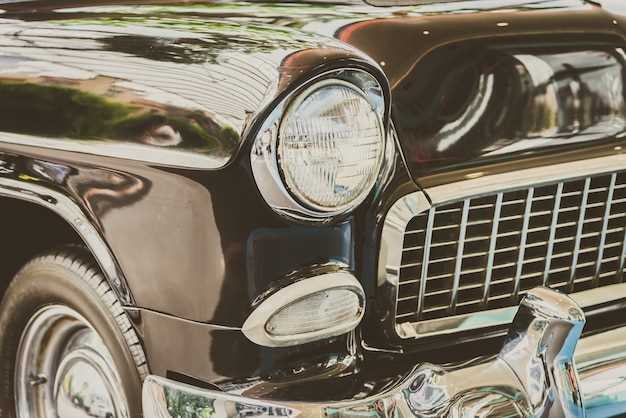
The classic car market is a fascinating world where nostalgia meets investment potential. As enthusiasts and collectors seek to acquire these timeless vehicles, understanding the appraisal process becomes crucial. Accurately determining the market value of a classic car is not just about its age; it encompasses various factors that contribute to its desirability and worth.
Several elements play a pivotal role in the valuation of classic cars. These include the make and model, rarity, condition, and historical significance. A thorough appraisal will consider these aspects, along with current market trends, which can fluctuate based on demand and economic conditions. Consequently, collectors must stay informed about the market to make educated decisions when buying or selling.
In the realm of classic cars, the value is not solely determined by monetary factors; emotional connections and personal stories often significantly influence a vehicle’s worth. Understanding the nuances of these elements can empower collectors and enthusiasts to appreciate the deeper value that classic cars represent in the automotive landscape.
Factors Influencing the Market Price of Classic Cars

The market price of classic cars is influenced by various factors that both collectors and potential buyers should consider. Understanding these elements can lead to more informed decisions during the appraisal process.
- Condition of the Car: The overall condition, including exterior, interior, and mechanical parts, significantly affects the price. A well-maintained car attracts higher valuations.
- Rarity: Limited production models tend to command higher prices. Cars that are rare or have unique features are often considered more desirable by collectors.
- Historical Significance: Vehicles with a rich history or unique backstories may see their price increase. This includes cars that were owned by celebrities or had notable achievements in motorsport.
- Restoration Quality: Quality of restoration can significantly influence market price. Professional restorations that adhere to original specifications are more valuable than amateur attempts.
- Documentation: Having complete records, including service history and original paperwork, can boost the car’s market value. It adds credibility and transparency during the appraisal process.
- Market Demand: Trends in collector preferences can fluctuate, impacting prices. Popular car models may see price surges during certain periods.
- Modifications: While certain enhancements can increase a car’s value, others may detract from its appeal. Originality is often preferred, with modifications affecting buyer interest.
- Location: Geographic location influences the market price. Classic cars may hold different values in urban areas compared to rural regions due to buyer demographics.
To accurately determine the market price of a classic car, an appraisal should take into account these factors collectively. This comprehensive approach ensures a fair valuation reflective of market realities.
How to Conduct a Thorough Car Appraisal

When evaluating a classic car, a comprehensive appraisal is essential to determine its market value accurately. The following steps provide a structured approach to conducting an effective car appraisal.
1. Gather Relevant Information: Start by collecting essential documentation, including titles, previous appraisals, service records, and any restoration details. This information helps establish the car’s history and authenticity, which are crucial for assessing its worth.
2. Inspect the Vehicle: Conduct a detailed physical inspection of the car. Pay close attention to the body, engine, interior, and undercarriage. Look for signs of rust, damage, or improper repairs, as these can significantly affect the car’s price in the market.
3. Evaluate Rarity and Demand: Research the model’s production numbers and current market demand. Classic cars that are rare or highly coveted typically command higher prices. Utilize classic car valuation guides and databases to compare car values within similar categories.
4. Assess Current Market Trends: Analyze recent sales of comparable vehicles in the market. Online auctions, classic car shows, and specialty sales can provide valuable insights into current pricing trends. Understanding what buyers are willing to pay is crucial for an accurate appraisal.
5. Consult with Experts: If possible, seek opinions from classic car appraisers or automotive experts. Their knowledge of market dynamics and valuation techniques can provide additional depth to your assessment, ensuring a well-rounded evaluation.
6. Document Your Findings: Prepare a comprehensive appraisal report that includes all gathered data, inspection results, and market analysis. This documentation serves as a reference for potential buyers or sellers and can help validate the car’s price in negotiations.
By following these steps, you can ensure that your car appraisal is thorough and reflective of the true market value, giving you a solid foundation for buying or selling classic cars.
Resources for Researching Classic Car Values
Determining the market value of classic cars can be a complex process, but there are several reliable resources available that can assist collectors and enthusiasts in their research. One of the primary methods of determining a vehicle’s value is through professional appraisals. Engaging a certified appraiser who specializes in classic cars can provide an accurate assessment based on the car’s condition, rarity, and historical significance.
In addition to appraisals, online valuation tools and databases can be incredibly useful. Websites such as Hagerty, NADA Guides, and Kelley Blue Book offer estimated market prices for various models. These platforms compile data from recent sales, helping users to understand current price trends and market fluctuations.
Another valuable resource is collector car auctions. Attending these events, whether in person or online, enables interested buyers to observe final sale prices and gauge the demand for specific models. Auction houses like RM Sotheby’s, Barrett-Jackson, and Mecum Auctions frequently list classic cars, and their results provide insight into the prevailing market values.
Moreover, enthusiast forums and clubs can be treasure troves of information. Members often share insights regarding their own buying and selling experiences, which can help new collectors get a clearer picture of fair market prices. Engaging with community members can yield tips on what to look for in a vehicle and how to assess its value accurately.
Finally, reviewing classic car magazines and publications that focus on automotive news can provide valuable background context and analysis of market trends. These resources often highlight price guides and feature articles on specific models, combining both historical data and current market analysis.
Utilizing a combination of these resources will equip classic car enthusiasts with the necessary tools to effectively determine the market value of their vehicles, ensuring informed decisions in buying, selling, or appraising.
